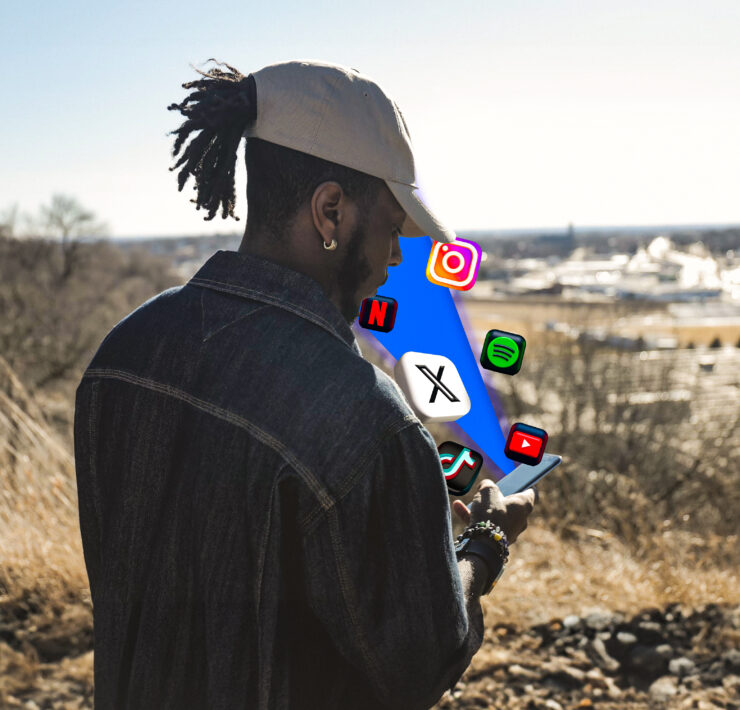
You may remember the chilling murder of Virginia reporter Alison Parker, who was interviewing a local politician on camera when gunman opened fire on the news crew in 2015. Both Parker and cameraman Adam Ward were slain by a disgruntled former colleague, and the video clip went viral in the wake of their deaths. Parker’s father, Andy, has spent the last seven years trying to honor his daughter’s memory by removing the clip of her death from the internet, where copies continue to get tens of thousands of views.
Now, he is trying one, last, desperate effort: turning the video into an NFT.
NFTs are a means of actually owning digital property. At their most banal, this has involved “Bored Apes” and other pieces of digital art that both look and sound like stage one of an internet scam. But some NFTs have helped people reclaim some control over their identity — people like “Disaster Girl” for example, whose viral visage is ubiquitous but hasn’t been compensated commensurate to her fame. By turning the video into a non-fungible token, these people are able to have digital ownership over their digital identities.
Parker’s quest is similar, but far more tragic. He just doesn’t want people sharing footage of his daughter’s murder anymore, and turning the video into an NFT would technically give him the legal leverage to file copyright claims against platforms that host the video. That way, instead of trying to squash individual users who upload the footage, platforms themselves would be obligated to obey copyright law or face the legal consequences. “For victims of horrific images being distributed on the Internet generally, unfortunately and inappropriately copyright does end up being an effective tool,” Adam Massey, a partner at C.A. Goldberg, PLLC, told the Washington Post.
It remains to be seen how effective Parker’s plan will be. The internet is a big, anonymous place and removing anything from it entirely has been a source of enormous pain for others in his situation. Just ask bereaved Sandy Hook parent Lenny Pozner, who has made it his life’s work to remove his son’s picture from conspiracy theory sites — with little success.
But NFTs are a new tool that may succeed where loosely policed policies against spreading hoaxes have failed. They may also provide hope for victims of revenge nudes and other types of nonconsensual pornography who have had explicit images of themselves distributed online without their consent. Using copyright law in this way remains a very new and unproven ground for families seeking some measure of closure and solace. But right now, it might also be their last, best hope.






















